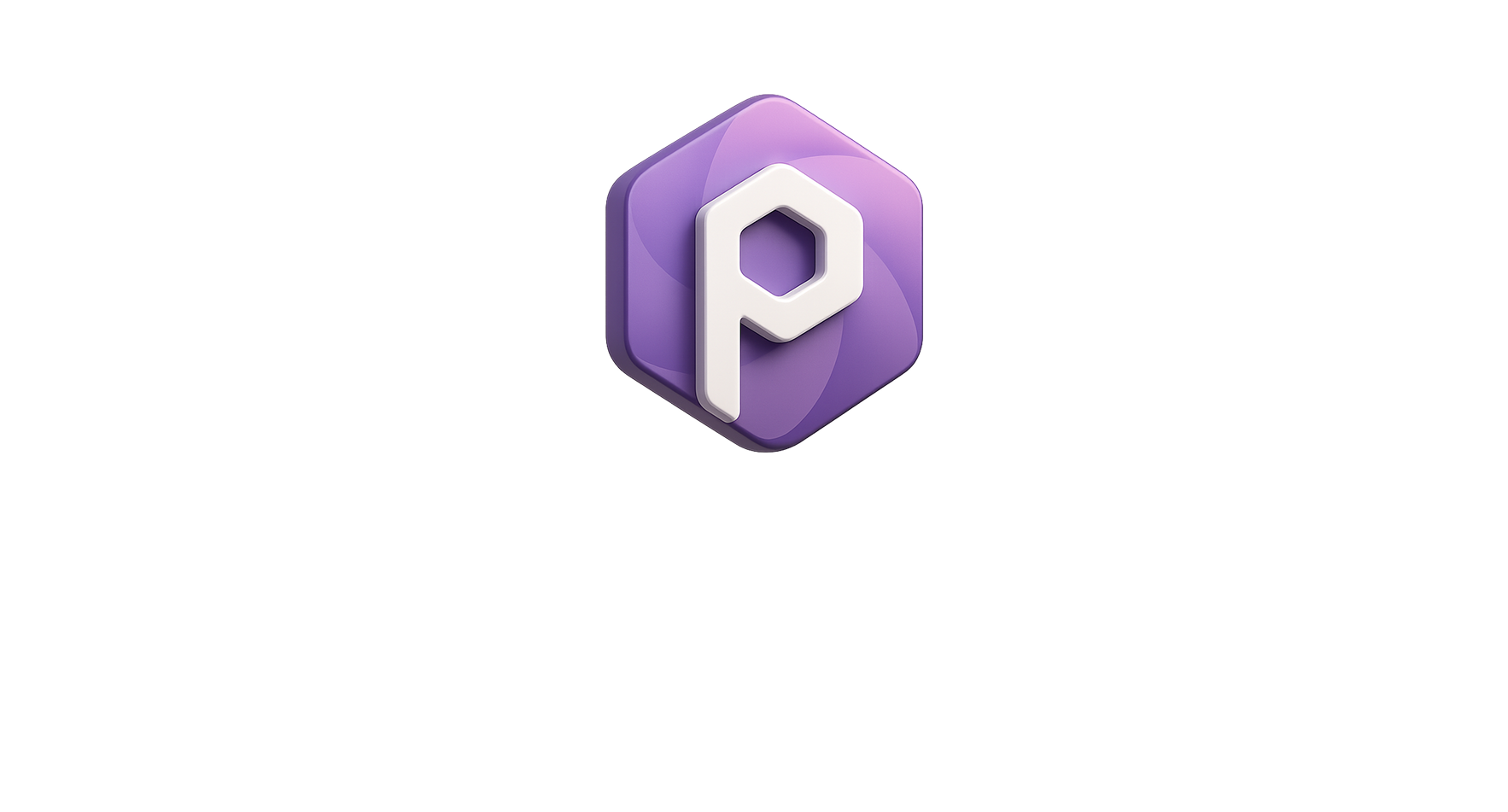SaaS Solutions for Smarter Business Decisions
Introduction
In the modern business landscape, companies are increasingly turning to Software as a Service (SaaS) solutions to streamline operations and make more informed decisions. These cloud-based platforms offer flexibility, scalability, and real-time access to data, making them essential tools for businesses of all sizes. By leveraging SaaS solutions, businesses can enhance their decision-making processes, drive efficiency, and stay competitive in a rapidly changing environment.
In this article, we explore the role of SaaS solutions in business decision-making and how they help companies make smarter, more data-driven choices.
1. The Power of Data Analytics in SaaS Solutions 📊
Data analytics is one of the key strengths of SaaS solutions. By integrating advanced analytics capabilities into everyday business tools, SaaS platforms allow companies to make data-driven decisions quickly and accurately. Whether it’s tracking sales performance, analyzing customer behavior, or monitoring inventory levels, SaaS solutions provide real-time insights that can guide business strategy.
Tip: Leveraging AI and machine learning capabilities within SaaS tools enables businesses to predict future trends, automate decision-making, and uncover actionable insights from vast data sets, leading to smarter decisions.
2. SaaS in Financial Management: Streamlining Accounting and Budgeting 💰
Financial management is a core function of any business, and SaaS solutions have significantly transformed this area. Cloud-based accounting platforms enable real-time tracking of expenses, revenue, and profits, helping businesses maintain a clear financial overview. With SaaS tools, financial managers can automate invoicing, payroll, and tax calculations, reducing human error and increasing efficiency.
Tip: Businesses can enhance financial decision-making by using SaaS solutions for budgeting and forecasting, helping them make proactive adjustments based on financial trends.
3. Enhancing Collaboration with SaaS Tools 👫
Collaboration is critical to business success, and SaaS solutions make it easier for teams to work together seamlessly, regardless of their location. Tools like project management software, communication platforms, and document-sharing systems are all powered by SaaS, helping employees collaborate in real-time.
Tip: Integrating SaaS collaboration tools into daily operations helps streamline communication, reduce delays, and make team decision-making more efficient.
4. SaaS for Customer Relationship Management (CRM) 🧑🤝🧑
Customer relationship management (CRM) is one of the most impactful areas for SaaS applications. CRM tools powered by SaaS help businesses manage customer interactions, track sales pipelines, and gain insights into customer behavior. By centralizing customer data, SaaS CRMs provide businesses with a holistic view of their client base, enabling personalized communication and tailored offers.
Tip: SaaS-powered CRM platforms help businesses improve customer retention, increase sales, and enhance overall customer satisfaction, leading to smarter, data-backed decisions.
5. SaaS for Supply Chain Management: Optimizing Operations 🚚
Supply chain management is another area where SaaS solutions are driving smarter decisions. With SaaS-based tools, businesses can monitor inventory levels, track shipments, and forecast demand in real-time. This level of visibility allows for faster decision-making, improved supplier relationships, and better management of resources.
Tip: By adopting SaaS solutions for supply chain management, businesses can minimize operational disruptions and enhance their overall efficiency.
6. Scaling with SaaS: Flexibility and Cost-Effectiveness 💡
One of the main advantages of SaaS solutions is their scalability. Unlike traditional software, which often requires significant upfront investments, SaaS tools are subscription-based and can easily be scaled as a business grows. This makes them an attractive option for businesses looking to expand without overextending their resources.
Tip: SaaS tools provide businesses with the flexibility to scale up or down based on their needs, ensuring that costs remain aligned with business growth.
7. Enhancing Security with SaaS Solutions 🔐
Security is a top priority for businesses, and SaaS providers invest heavily in safeguarding customer data. These solutions are typically hosted in secure cloud environments with advanced encryption, firewalls, and backup systems in place. Moreover, many SaaS platforms offer built-in compliance with industry standards, ensuring businesses adhere to regulations like GDPR and HIPAA.
Tip: Opting for a SaaS solution with strong security features helps businesses safeguard customer data, maintain regulatory compliance, and build trust with clients.
8. The Future of Business Decision-Making with SaaS 🌐
The future of business decision-making lies in the continuous evolution of SaaS solutions. With advancements in AI, machine learning, and big data analytics, SaaS platforms are becoming even more powerful, enabling businesses to make smarter decisions faster than ever before. These platforms are evolving to meet the needs of an increasingly data-driven and digitally connected world.
Tip: Stay ahead of the curve by continuously exploring new SaaS solutions that leverage emerging technologies like AI, machine learning, and predictive analytics.
Final Thoughts
SaaS solutions have become indispensable tools for modern businesses, enabling smarter, data-driven decision-making. By integrating SaaS tools into their operations, businesses can improve efficiency, reduce costs, and make informed decisions that drive growth. As technology continues to evolve, SaaS platforms will play an even more central role in shaping the future of business operations.
For companies looking to optimize their procurement strategies, leveraging advanced SaaS tools, such as those offered by Procurpal, can significantly enhance their decision-making process and deliver measurable results.




Leave a Reply